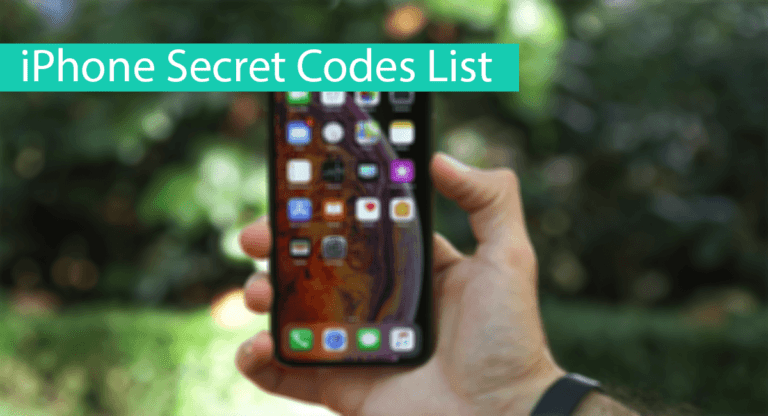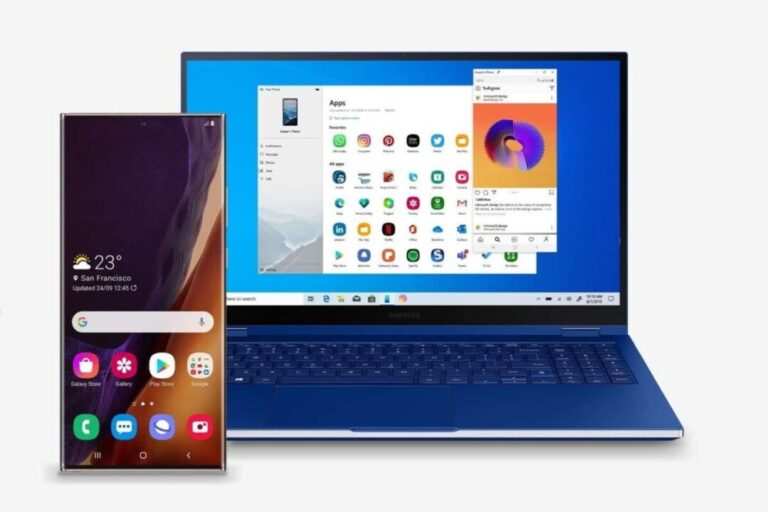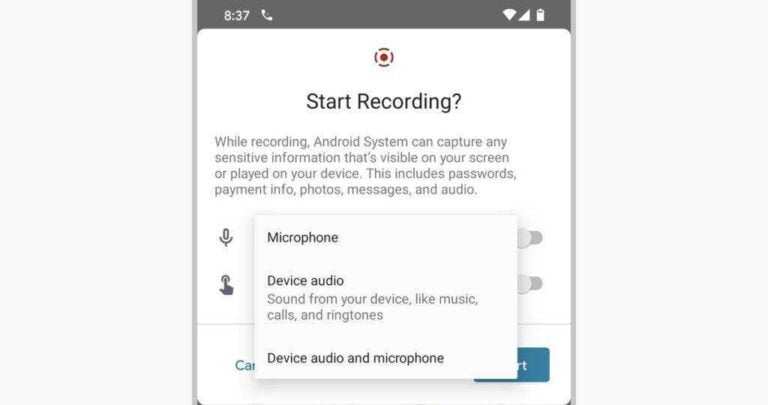Should Cell Phones Be Allowed In School
Should Cell Phones Be Allowed In School – USE OF THE CELLULAR PHONE IN THE CLASSROOM
5 Reasons Why Cell Phones Should Be Allowed In School
1. It’s not just phones
Cell phones are not just ordinary phones. They provide students with electronic dictionaries, magazines, maps, new reference books, and scientific and musical instruments through apps. Directors should not think of banning them in the learning environment.
2. Cheap technology for the masses
Most schools cannot afford all the technology they need. It seems counterproductive to ban the use of pocket computers for children since cell phones today are significantly more powerful than computers from a few years ago.
3. “Banning mobile phones will not prevent their use”
Banning them will not prevent their use, it will just push that use underground. The device should be visible on the desktop rather than hidden underneath. This way, teachers know if cell phones are being used outside of learning.
4. Prepare young people for the modern world
Cell phones should be allowed in school. Schools must prepare young people for a life in the world outside the learning environment. Cell phones are an integral part of life and schools should help young people to use them correctly and effectively.
5. Connecting with young people through what is important to them
We know that learning only takes place when the learner is interested or at least sees the relevance of what he is supposed to learn. Neuroscientist Mary Immordino-Yang states,
“It is neurobiologically impossible to think deeply about things that don’t matter.” If we really want students to learn in school, then we need to connect to the things they care about, and cell phones certainly meet that requirement!
5 Reasons To Ban Smartphones At School
We are still in the debate if what Should Cell Phones Be Allowed In School. It’s hard to separate a teen from her phone, but it could be for her good, especially during the school day. Here are five thought-provoking reasons why schools should consider banning devices from their classrooms:
1. IMPROVEMENT OF ACADEMIC PERFORMANCE
According to a study by researchers at the University of Texas and Louisiana State University, when schools prohibit students from taking their smartphones to class, their grades generally improve rapidly.
Because students were attentive later in class, their test scores increased an average of 6 percent.
We are not talking about younger children either. The results were most pronounced for high school students over the age of 16, who, not coincidentally, are the teens most addicted to their cell phones.
Taking the phones away from students under 14 had a less academic impact, apparently because they spend less time using their phones in class.
2. IT’S EVEN BETTER FOR STUDENTS AT RISK
While most students seemed to have an educational bump when they didn’t have their cell phones in class, the difference was more pronounced among at-risk students.
Students living in poverty taking special classes or having lower grades have benefited about twice as much as their peers after moving away from the technological distraction. Since at-risk children need every benefit they can get, why not give it a try?
Taking their phone out of the classroom was the equivalent of adding an extra hour of class per week, a benefit most teachers could only dream of. In total, students miss almost a full week of class on their phones instead of attending class.
3. REDUCE THE SCREEN TIME
Scientists continue to warn of the dangers of children who spend so much time in front of a screen.
It’s normal for kids to sit in front of a screen for about six hours a day, be it a computer, a phone, or a television, and that doesn’t even include screen time that happens at school.
An important way to ensure that students’ eyes and minds get the much-needed reprieve from looking at the screen so much is to minimize the number of things that happen in school.
That starts with explicitly preventing smartphones from entering the classroom.
4. REDUCE CYBER BULLYING
Should cell phones be allowed in school? Teens can be mean with their online messages. While it’s pretty hard to control that kind of petty behavior at night, at least some of that behavior can be reduced by preventing kids from using Twitter or Facebook during the school day.
Children should feel safe in school and should not constantly check their social media accounts to make sure a classmate is not posting harsh or intimidating messages.
While bullying is easier for teachers to spot and then intervene, in real life, it’s impossible to see what students are silently communicating with each other on their phones.
5. THE EMERGENCY DEBATE
The main reason parents advocate for their children to have phones in the classroom is that they want to be able to reach them in an emergency.
However, to receive that emergency message, they not only have to leave their phone on but also constantly check them to make sure they are getting this message.
They probably read a lot of non-emergency and distracting messages during the school day to have the opportunity to have something important sent to them.





